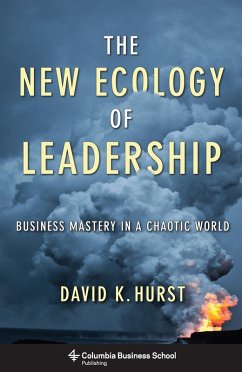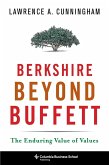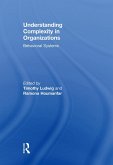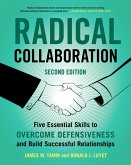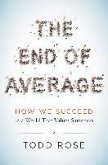David Hurst has a unique knowledge of organizations-their function and their failure-both in theory and in practice. He has spent twenty-five years as an operating manager, often in crises and turnaround conditions, and is also a widely experienced consultant, teacher, and writer on business. This book is his innovative integration of management practice and theory, using a systems perspective and analogies drawn from nature to illustrate groundbreaking ideas and their practical application. It is designed for readers unfamiliar with sophisticated management concepts and for active practitioners seeking to advance their management and leadership skills.
Hurst's objective is to help readers make meaning from their own management experience and education, and to encourage improvement in their practical judgment and wisdom. His approach takes an expansive view of organizations, connecting their development to humankind's evolutionary heritage and cultural history. It locates the origins of organizations in communities of trust and follows their development and maturation. He also crucially tracks the decline of organizations as they age and shows how their strengths become weaknesses in changing circumstances.
Hurst's core argument is that the human mind is rational in an ecological, rather than a logical, sense. In other words, it has evolved to extract cues to action from the specific situations in which it finds itself. Therefore contexts matter, and Hurst shows how passion, reason, and power can be used to change and sustain organizations for good and ill. The result is an inspirational synthesis of management theory and practice that will resonate with every reader's experience.
Hurst's objective is to help readers make meaning from their own management experience and education, and to encourage improvement in their practical judgment and wisdom. His approach takes an expansive view of organizations, connecting their development to humankind's evolutionary heritage and cultural history. It locates the origins of organizations in communities of trust and follows their development and maturation. He also crucially tracks the decline of organizations as they age and shows how their strengths become weaknesses in changing circumstances.
Hurst's core argument is that the human mind is rational in an ecological, rather than a logical, sense. In other words, it has evolved to extract cues to action from the specific situations in which it finds itself. Therefore contexts matter, and Hurst shows how passion, reason, and power can be used to change and sustain organizations for good and ill. The result is an inspirational synthesis of management theory and practice that will resonate with every reader's experience.
Dieser Download kann aus rechtlichen Gründen nur mit Rechnungsadresse in A, D ausgeliefert werden.

